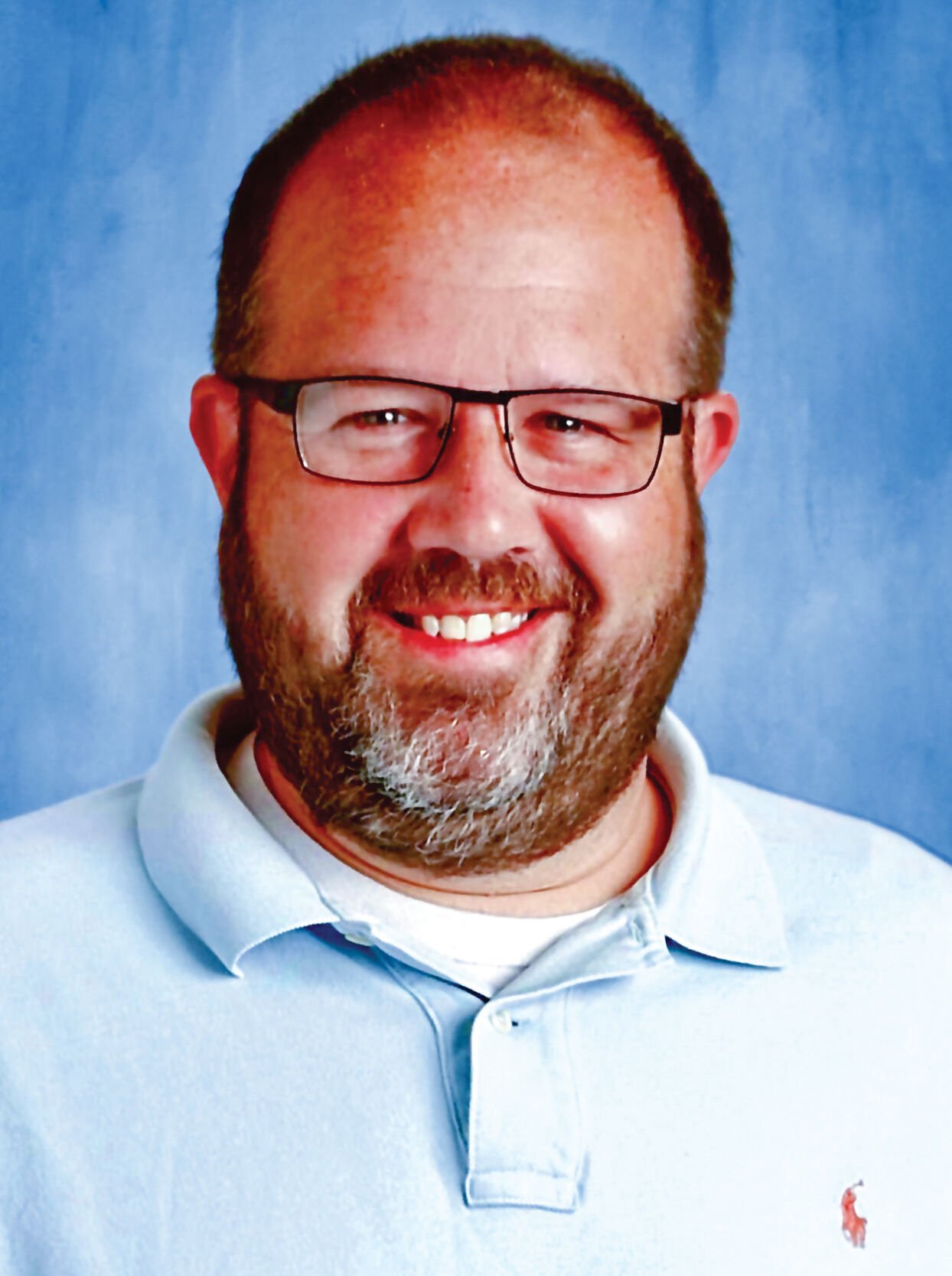This column ran exactly one year ago this week here in the TRIBUNE. To this day, I have people approaching me and attacking me for this column; I stand by the views expressed here..
In light of Juneteenth, I present my words from one year ago on White Privilege.
Privilege
In the fifteen years I’ve written for The Tallassee Tribune, it’s a rare occasion where I actually utilize the fact that this column appears in the Opinion section each week.
Opinion columns about how wonderful our schools, our students, or our community are come easily. It’s also not difficult to write about favorite records or television shows.
This past week, however, I was touched personally by some of what is going on across the nation and wanted to share it with you. And I am fully prepared for people to confront me in person at the store or at church or wherever we may meet.
Last Monday evening, my hometown of Montgomery braced itself for potential violent protests. The previous evening, Birmingham had seen extensive rioting and looting, and a crew of journalists was attacked on camera. All across the country, cities exploded with rage over the handling of police brutality caught on video.
Mayor Steven Reed chose to address the citizens in front of E.D. Nixon Elementary School and did a great job. He reminded everyone listening that Montgomery is the birthplace of the Civil Rights movement and has a long history of nonviolent protest.
He had barely left the lectern before an open microphone attracted various people eager to express their dissatisfaction. It began as a fairly even exchange of ideas, but devolved into a shouting match. While this was happening, the Mayor was being confronted by one concerned citizen after another in the parking lot; to his credit, he took the abuse and listened to everyone who wanted to say something.
And keep in mind, there was growing concern and lots of rumors that out-of-towners would set Montgomery ablaze – after all, Eastchase was cordoned off with armed security and barricades as a text message magically appeared on my phone, credited to one of our local Congressional representatives, warning people to be on the lookout for agitators. The text was a hoax, or in modern parlance, ‘fake news.’
Later that night, four people took down the statue of General Robert E. Lee that stood in front of my alma mater, Robert E. Lee High School. A classmate of mine tagged me in the news story on Facebook, and it didn’t take long for the comments to get ugly. Another classmate started talking about 2nd Amendment rights and reclaiming the statue to honor Confederate history; still others seemed to take a lot of glee in the Confederate statue finally being removed.
What I wanted to remove, however, was my name being tagged on this story. While I’m a proud Lee High graduate, I didn’t want to receive notifications that included all this hate speech – and that’s what it was, one must call it what it is – coming from both sides of the issue.
A high school classmate who earned his doctorate in choral music and teaches in Maryland was watching all this unfold, and wrote to me on Facebook Messenger. His words were so angry, and I could tell by how he was talking to me on these texts that his rage was just about to boil over. Since it appeared that there was a misunderstanding, he asked if we could meet face to face.
So, in this age of social distancing we’ve all become accustomed to Zoom and FaceTime. I gladly answered his FaceTime call and we spent the next two hours talking, sharing stories, laughing, and – yes, crying. He had moved away to earn his doctorate in music because, he said, nobody would take him seriously otherwise.
I have never thought of myself as having what people call ‘white privilege’. Yet, my African American choral colleague was reminding me that nobody has ever moved out of a neighborhood because my family moved in. Nobody automatically assumes that I’m on food stamps, or that I’m a thug about to break into their house. Nobody assumes that because of my race, I must like to sing gospel or blues music. And, as he also said, nobody would chase me down and shoot me in the back for thinking I was someplace I wasn’t supposed to be.
It all started to sink in when I went back the next day and stocked groceries at the store. I saw those images of Uncle Ben, the Cream of Wheat man, and Aunt Jemima on the packages and started to shake on the inside, feeling like crying. Is there anyone who looks like me being represented as a mammy or a servant on food packaging? The Brawny man, the Gorton’s fisherman, and Cap’n Crunch somehow are made to be more distinguished in their jobs. The whole rationale for preserving such a racially-charged part of our history just seemed to collapse with every box I put on the shelf.
I don’t have all the answers. Who does? We go to work, we raise our children, we go to church, we do what we can to make our little corner of the world a better place. I believe it is possible to be a proud Southerner and be willing to accept changes in how the past is represented. Perhaps part of making things better is to look at it all from another perspective, without making excuses or talking politics, just doing what we can to be better people one day at a time.



